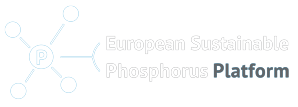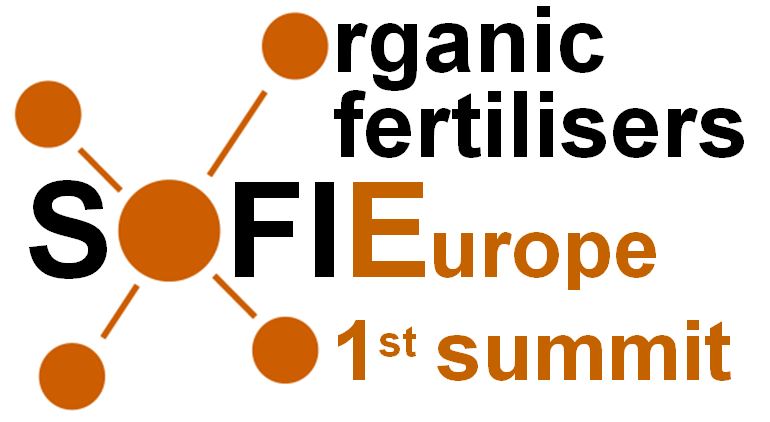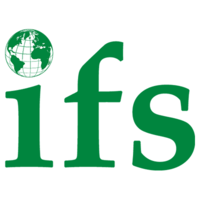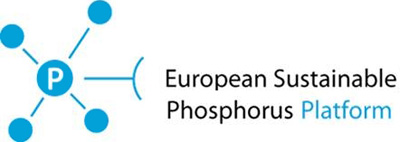The SOFIE Summit, organised by ESPP, brought together, for the first time ever, the European carbon-based fertiliser sector, and attracted over 125 participants, from industry (two thirds of participants), regulators, stakeholders and R&D, covering 14 European countries, as well as India and North America. Sessions addressed:
- Industry and markets: examples of companies developing new products, providing added value to farmers, export growth, circular economy for nutrients and organic carbon
- Agronomic evidence: scientific knowledge of how organic carbon based materials impact soil, the environment, crop yields
- Opportunities and challenges for industry from developments in European regulations, in particular the future CE-Mark for organic fertilisers and other products (new EU Fertilising Products Regulation)
Presentations showed that the organic and organo-mineral fertiliser industry is both innovative and open, with a range of different types of products delivered to farmers and to other markets. Organic fertilisers have close links to related sectors such as biostimulants, growing media, composts, digestates and liming materials.
The industry covers a continuum of markets such as stabilised organic by-products (manures, food industry, animal by-products …), digestates or composts, through to processed, bespoke products for specialist markets. The industry’s circular economy added value can combine gate-fees from waste management, recycling of local secondary resources and delivery to farmers and other end-users of products adapted to their specific requirements with accompanying information and services.
Industry and agronomists underlined the importance of delivering consistent and quality products to farmers, adapted to their specific agronomic requirements and to practical considerations (logistics, use of existing spreading equipment, packaging, accompanying advice and information …). This applies for markets from stabilised manures through to processed export products. Reliable information is needed about nutrient contents of materials delivered, including consistent nutrient content but also information about expected release patterns (crop availability over time). Quality assurance for farmers, and for their customers (food industry, supermarkets) also implies traceability of secondary materials sourcing and processing
The following documents and presentations are available for download:
- Meeting summary and conlusions see SCOPE newsletter no 130
- Presentations slides are availeble below:
Wednesday 5th June
How the organic fertiliser industry is seen from outside and inside
- Welcome to delegates at the 2019 SOFIE conference - Luc Maene - International Fertiliser Society
- Building a credible European organic fertilizer industry - Laetitia Fourié - ECOFI (European Consortium of the Organic-Based Fertilizer Industry) and Angibaud Derome
- The importance of developing products and markets for the Circular Economy - Wim van Dijk - Wageningen University and Research, The Netherlands
- Links between humic products, nutrients, organic fertiliser products and agronomic performance - Mugurel Surupaceanu - Humintrade SRL, Romania
- Secondary nutrient flows in France: a tool for industry and for farmers - Florence Nys, UNIFA (French organic and mineral fertilisers association)
- How do we deal with circular economy? - Vincent Walker - OvinAlp
Do the claims for organic fertilisers stand the test of science?
- What does agronomic science tell us about the value to farmers and to soil of organic amendments? - John Williams – ADAS, UK
- Do organic fertilisers bring benefits to farmers beyond their nutrient value? Can they contribute to climate change mitigation by sequestering carbon in soil as in the “4p1000” initiative? - David Powlson - Rothamsted Research, UK
- Why do Mediterranean soil-plant systems need organic inputs? Can organic fertilisers effectively provide nutrients and organic matter? Examples of organic fertilisers in the circular economy - Claudio Ciavatta - University of Bologna, Italy
- What new types of organic fertiliser are today available for Mediterranean soils? What are the benefits, limitations and perspectives for new developments? - Maria Pilar Bernal - CEBAS-CSIC, Murcia, Spain
Thursday 6th June
Perspectives for the organic fertiliser industry
- Organic-based fertiliser markets and the circular economy - Chris Thornton - European Sustainable Phosphorus Platform (ESPP)
- Organic fertilizers from local resources - Geert Brosens - CEO of Fertikal
- Organics recycling from a UK perspective: Generating added value for upstream material sources and end users - Becky Wheeler - Director of 4R Group UK
- Perspectives of organic fertiliser products and industry in the Northern countries - Hannamaija Fontell – Director R&D and Business Development, Biolan Oy, Finland
- Business opportunities in the circular economy: recycling nutrients, sequestering carbon and improving soil quality - Eljas Jokinen - CEO SoilFood Oy, Finland
Regulatory challenges for the organic fertiliser industry
- Overview of regulatory perspectives: REACH, Plant Protection and Animal By-Products - Mariano Alessio Vernì - SILC Fertilizzanti
- Fertilising Product Regulation implementation - Johanna Bernsel - European Commission DG GROW
Opportunities for the organic fertiliser industry
- Interactions between growing media and organic fertiliser markets, products, companies - Stefaan Vandaele - Agaris and President Growing Media Europe
Four minute ‘visions’ from different industries:
- Vision for the Future: the Organic Based Fertilizer Industry - ECOFI (ILSA) - Chiara Manoli
- EuroFema - Leon Fock
- Opportunities for the organic fertiliser industry: Compost and Digestate - European Compost Network (Reterra) - Irmgard Leifert
- Opportunities for waste recycling and nutrient reuse from digestate - European Biogas Association - Gregory Reuland
- Fertilizers Europe - Tiffanie Stephani
Some specific aspects of the EU Fertilisers Regulation
- The new EU Fertilisers Regulation ‘CE Mark’ process, roadmap to CE marking in practice - Leon Fock - Culterra Holland
- Standards to accompany the EU Fertilisers Regulation: What is needed? What priorities? How CEN TCs organize the work? - Laurent Largant - General Delegate of AFAIA (French federation for manufacturers of soil improvers, growing media, organic and organo-mineral fertilizers, mulches and biostimulants), President of TC223, participant in two other TCs
- EU Fertilising Products Regulation Implementation and future development - Theodora Nikolakopoulou - European Commission DG GROW



